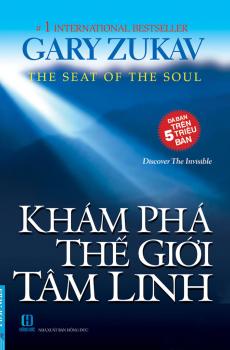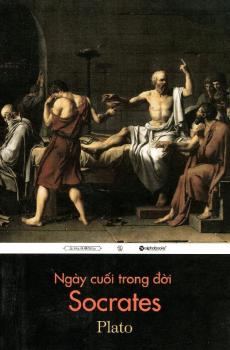Mind and Motion and Monism
Mind and Motion and Monism
Log in to download this book.
| Publisher | Chưa rõ |
|---|---|
| Accessible book producer | Public domain |
| Published year | 2007 |
| Coppy right | Chưa rõ |
Of the contents of this little volume the section on Mind and Motion which forms, in accordance with a suggestion of the author's, a general introduction, was delivered at Cambridge as the Rede Lecture in 1885, and was printed in the Contemporary Review for June in that year. The chapter on The World as an Eject was published, almost as it now stands, in the Contemporary Review for July, 1886. A paper on The Fallacy of Materialism, of which Mr. Romanes incorporated the more important parts in the Essay on Monism, was contributed to the Nineteenth Century for December, 1882. The rest was left in MS. and was probably written in 1889 or 1890.
The subjects here discussed frequently occupied Mr. Romanes' keen and versatile mind. Had not the hand of death fallen upon him while so much of the ripening grain of his thought still remained to be finally garnered, some modifications and extensions of the views set forth in the Essay on Monism would probably have been introduced. Attention may be drawn, for example, to the sentence on p. 139, italicized by the author himself, in which it is contended that the will as agent must be identified with the principle of Causality. I have reason to believe that the chapter on The World as an Eject would, in a final revision of the Essay as a whole, have been modified so as to lay stress on this identification of the human will with the principle of Causality in the world at large—a doctrine the relation of which to the teachings of Schopenhauer will be evident to students of philosophy.
But the hand of death closed on the thinker ere his thought had received its full and ultimate expression. When in July, 1893, I received from Mr. Romanes instructions with regard to the publication of that which now goes forth to the world in his name, his end seemed very near; and he said with faltering voice, in tones the pathos of which lingers with me still, that this and much besides must, he feared, be left unfinished. He suggested that perhaps I might revise the parts in the light of the whole. But I have thought it best to leave what he had written as he wrote it, save for quite unimportant emendations, lest in revising I should cast over it the shadow of my own opinions.
It only remains to add that the conclusions reached in this Essay should be studied in connection with the later Thoughts on Religion which Canon Gore has recently edited.
C. Ll. M.
Bristol,
May, 1895.




